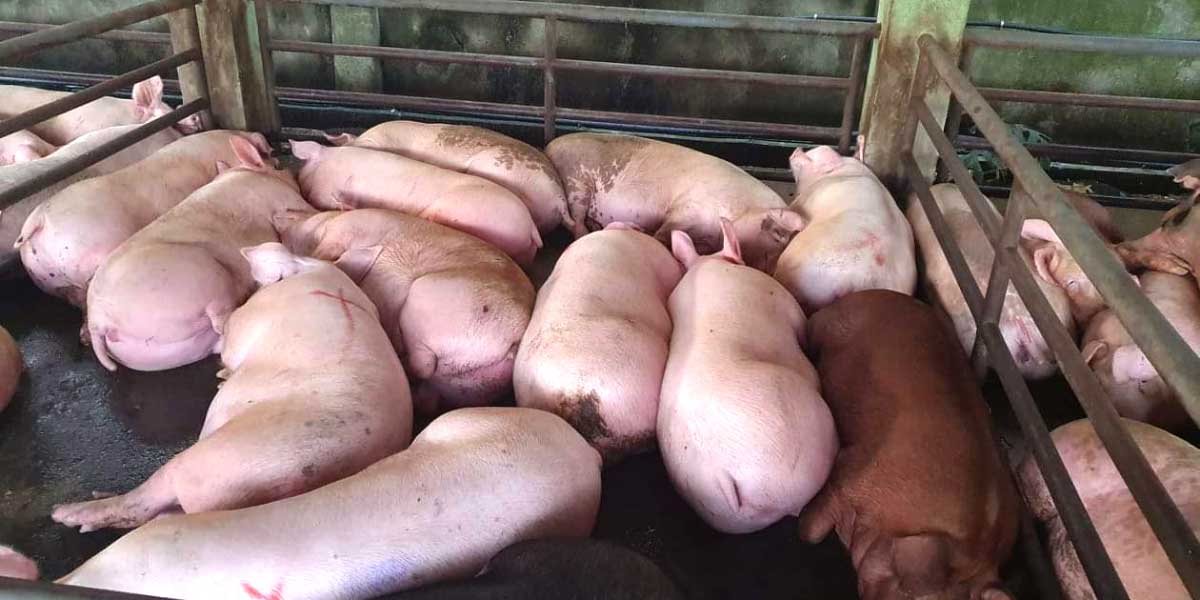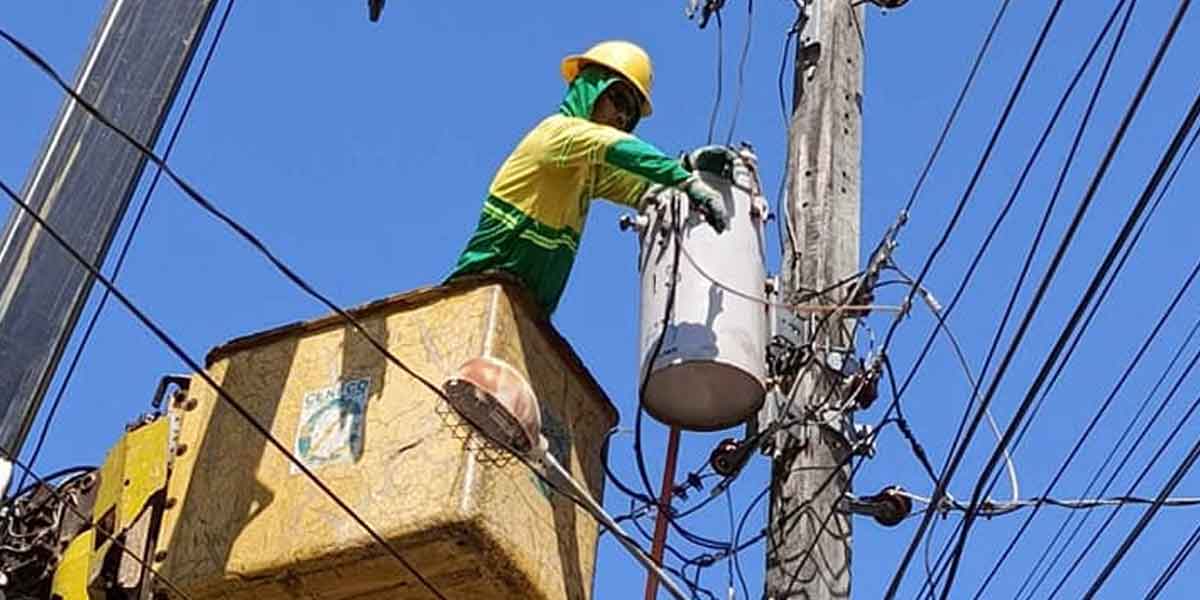 By Herbert Vego
By Herbert Vego
OUR human resources — the skilled and unskilled laborers who toil for a living to thrive or survive — are the cogs in the wheel of sustainable productivity.
In the Philippine setting amid the Covid-19 pandemic, sustainable productivity has become more urgent to the survival of Filipinos who now number 111,492,224 (based on the United Nations’ data) — an increase of over 8 million people when compared to the 2010 census result. The growth rate has slowed slightly from 1.89% to 1.72%.
We are the 12th most populous country in the world. And yet we are among the smallest, an archipelago with a land area of 115,830 square miles.
Unfortunately, the development of our economy has lagged behind our population growth. With more mouths to feed than we can afford, our country has daily minimum wage rates that vary from region to region, ranging from P316 to P537 per day – hardly enough for a family of six.
As if that were not bad enough, the Covid-19 pandemic saw the loss of jobs of 4.5 million Filipinos as of July 2021, according to the Philippine Statistics Authority (PSA).
Assuming that some of their employers have gone bankrupt and therefore in no position to rehire them, how would they cope?
Would they rely on their own resources and/or skills to bounce back?
Why not? Aren’t we rich in natural resources? We grow rice, sugar cane, pineapples, bananas and coconuts, among others. Our seas throb with fishes.
But have we maximized utilization of these natural resources? Unfortunately, “no” is the answer.
We have sold our farmlands to subdivision developers who double as rice importers. No thanks to government neglect.
The poverty problem calls for everybody to strike a balance between income and consumption. An ideal family must only beget as many children as they can feed, clothe and send to school. A good education is supposed to assure them of better opportunities for success. Failure to do this would condemn future generations to a vicious cycle of poverty.
I would not want to be pessimistic, however. In 2019 and previous years prior to the pandemic, we had entrepreneurs who were already exploiting our natural resources to the hilt. The Guimaras mango, for example, enjoyed a huge export market in Australia. Dried ripe mangoes, done in Cebu, were “hot” in duty-free airport shops everywhere.
During my visit to Auckland, New Zealand in 2018 I saw crates of Philippine pineapple being unloaded in the malls thereat.
We have creative professionals in the arts and sciences – say painting, writing, sculpting, cooking, gardening, sewing, playing instruments, dancing, singing, nursing, care-giving, among others – but there’s no longer enough local environment for them to bloom.
If we are thinking of relying anew on massive “export” of labor, I am afraid it’s easier said than done for the same reason — the pandemic with its mobility restrictions.
However, since hope springs eternal and the 2022 elections are around the corner, let us wish ourselves, “Better luck next time.”
Let us be more self-reliant as well. Let us draw inspiration from the immortal words of wisdom of the sages. For example, King Solomon inspires it with these words from the Bible (Proverbs 6:6-8): “Go to the ant, you sluggard; consider its ways and be wise! It has no commander, no overseer or ruler, yet it stores provisions in summer and gathers its food at harvest.”
MORE POWER ON KGD. JOJO JAVELLANA
THERE is no more legal issue pending against Carlos “Jojo” Javellana, a re-electionist member of the Iloilo City Sangguniang Panglunsod.
In fairness to the man whom detractors have called “power thief,” he and his wife Katrina have been cleared by MORE Electric and Power Corp.
Here are excerpts on the matter from MORE Power:
“In connection with the issuance of the warrant of arrest against couple Carlos and Katrina Javellana with respect to the power theft case filed before the Iloilo City Prosecutor’s Office, we wish to inform the public that MORE Power has already withdrawn the said case following a compromise agreement with the couple sometime in March of this year.
“We have dutifully done our part to inform the Prosecution Office that we have reached a compromise and that we are no longer interested in pursuing the said case.”
“Compromise” means full payment of alleged pilfered power.
My source, however, keeps his fingers crossed that Jojo had not installed the alleged “jumper” on his power line.
Anyway, Jojo is only one of the 703 customers who have signed compromise agreements with the electricity distributor for payment of differential billings. Otherwise, many other suspects – being politicians running for re-election — would have been politically affected by the delay in the overwhelming prosecution and court trials of the hundreds of cases.
There are still 108 cases pending at the City Prosecutor’s Office and Regional Trial Court; 19 cases dismissed after full payment upon complainants’ filing of motion to withdraw; and 23 awaiting dismissal upon completion of the staggered payment agreed upon by the parties.
The reduction of power pilferage has helped minimize system’s loss, thus lowering electricity cost to only P6.38 per kilowatt-hour.
Compare that to the electric cooperatives that charge P11 to P13.
As revealed to this writer by MORE Power’s head of the Customer Care Department, Ma. Cecilia Pe, the identification of power pilferers had compelled them to legalize. From 63,000 household customers recorded on the day (February 29, 2020) MORE Power replaced Panay Electric Co. (PECO) as the city’s distribution utility, the number has risen to 83,000.
More power to the honest power users!





















